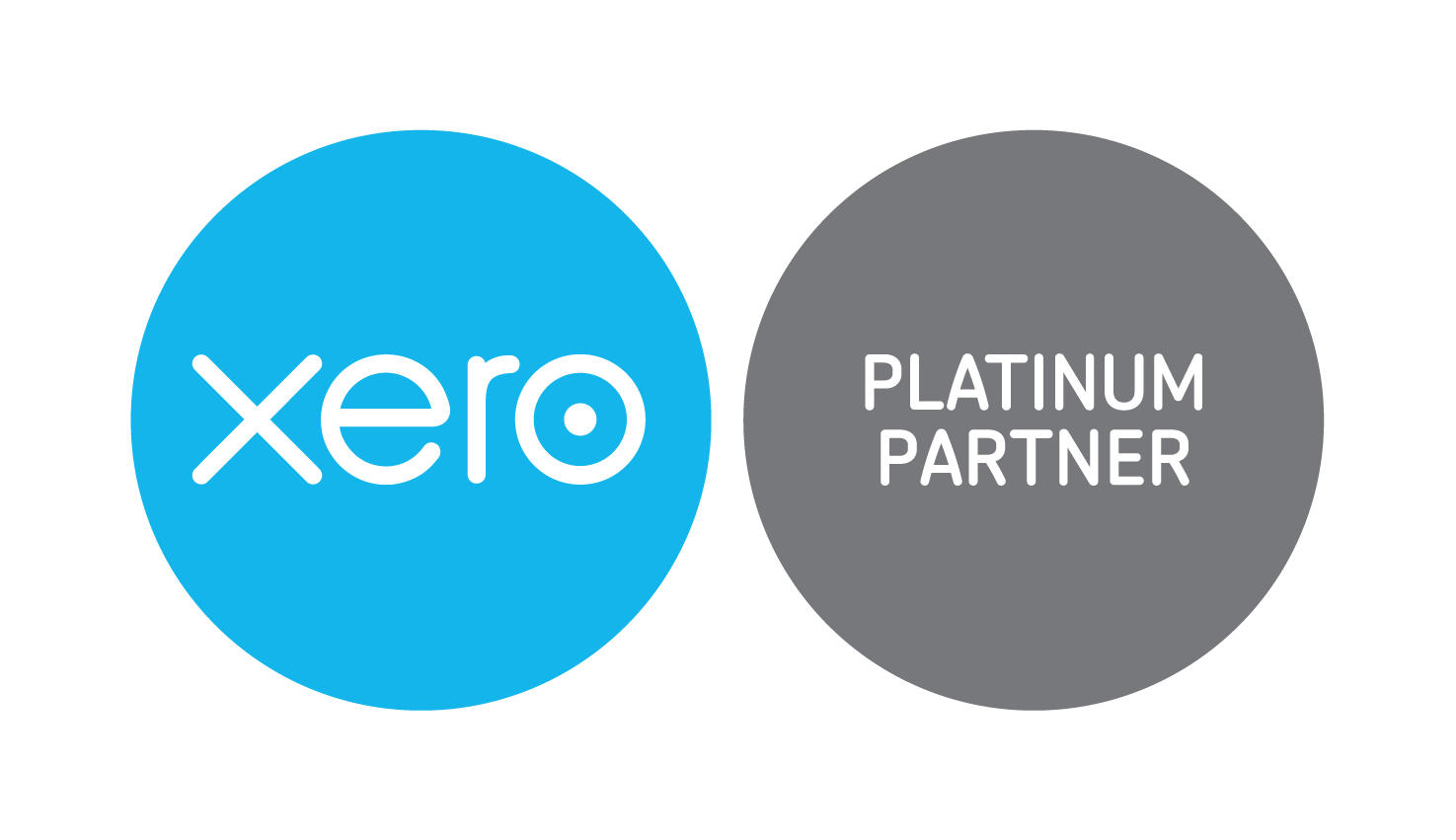It’s that time of year again!
COADS Partners is a Chartered Accounting firm and we love nothing more than helping you and your business organise to get your tax compliance in order as well as implement strategies for year-end tax planning.
For a full breakdown of EOFY planning strategies, you can refer to this EOFY checklist.
To recap; we covered how to implement your business tax plans as well as our tax planning strategies.
- Paying superannuation contributions upfront prior to the 30th June, including personal/employer concessional contributions (note max limits)
- Bringing expenses forward & prepayment
- Writing off bad debts
- Delaying invoicing to the 1st of July

Before you meet with your accountant, here is a breakdown of exactly what you’ll need to help make the process as smooth as possible:
Your EOFY Checklist for Business 2022
Whether you’re a new business or an established one, you’re legally required to keep all records of financial transactions – for up to five years.
End of the financial year is considered a stressful time but think of it as an opportunity to examine the details of your financial standing for you and your business. However, while it gives you an overview of your financials, it’s also to ensure that you apply appropriate tax deductions to claim back.
Your requirements can be grouped into three areas:
- Personal Tax & Investments – work-related expenses, motor vehicle deductions (logbook), travel expenses, rental information including agent statements, interest on loans, share portfolio information including any buys & sell contracts for any shares sold within the tax year for Capital Gains Tax purposes.
- Superannuation – all contributions including personal & employer contributions.
- Business – depreciating assets, employees bonuses, government related payments (such as COVID-19 grants), supplier invoices, Single Touch Payroll (STP) information which allows you to report on employees salaries automatically (which the accountant can access through the tax agent portal)

When broken down, your EOFY file should include the following documents:
Bank Statements
- Business Bank Account (assists in reconciling the bank)
- Loan Statements (assists in capturing interest on loans for either business/investment loans – includes reconciling the Loan)
- Credit Card Statements (assists in reconciling the credit cards)
Debtors/Creditors/Stock
- Debtor Listings as of 30 June 2022
- Unrecoverable debts/write offs
- Creditor listing as of 30 June 2022
- Stock value as of 30 June 2022
Business Assets & Purchases
- Date and cost of purchases made during the year
- Proceeds or profits made from selling equipment or property
- Detailed description of any hire purchase or chattel finance
- Date, price, description and details of purchase and any financial arrangements related to the purchase
- Depreciation of existing assets, additions and/or improvements
- Repairs or maintenance of assets
Vehicles & Travel
- All expenses for motor vehicles including fuel, insurance, registration, repairs and maintenance. A valid log book should be accompanied with these expenses.
- Total kilometres driven for work/business (cents per km method)
- Travel diaries and documentation (accommodation receipts, flight purchases etc.)
Key dates for EOFY 21/22
There are two lodgement due dates in general:
- 31 October 2022 – for individuals who have previously lapsed & not lodged on time
- 15 May 2023
Business Activity Statements (BAS):
- Quarter 1 (July, August, September) – due 28 October 2022
- Quarter 2 (October, November, December) – due 28 February 2023
- Quarter 3 (January, February, March) – due 28 April 2023
- Quarter 4 (April, May, June) – due 28 July 2023
There are further extensions for tax/bas agents so please seek confirmation for your accountant or bookkeeper.

Find a Chartered Accountant in Melbourne
If you require more information about tax or end of financial year, you can refer to chartered accountant professionals or the ATO website for more.
COADS Partners Chartered Accountants proudly works with business owners & individuals to provide business & taxation advice and help you with your year-end tax strategies.



